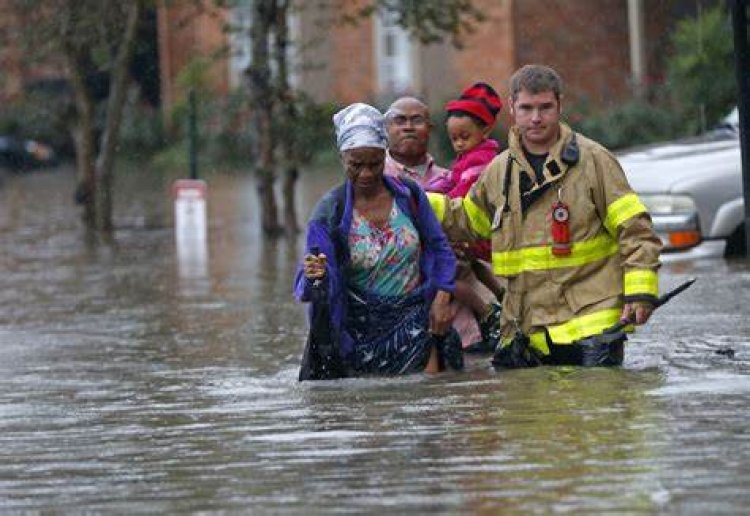World Bank Reports Reveal Over 400 Million Students Globally Affected by Flooding and Climate Change
A World Bank report, “Choosing Our Future: Education for Climate Action,” reveals that over 400 million students worldwide have missed school due to climate-related events like flooding, heat waves, and storms.

A recent World Bank report, “Choosing Our Future: Education for Climate Action,” has revealed that more than 400 million students worldwide have missed school due to climate-related events such as flooding. Covering data from 2022 to 2024, the report highlights how climate change is severely impacting global education systems, especially in low-income countries.
The report emphasizes that climate-related school closures are becoming more frequent due to extreme weather conditions like floods, heat waves, storms, and droughts. Yet, these disruptions often go unnoticed, as they are rarely tracked. The World Bank stresses the need for governments to take immediate action to adapt education systems to mitigate these climate impacts.
According to the report, for as little as $20 per student, schools can implement measures to adapt to climate challenges and reduce learning losses. The recommendations include improving foundational and STEM skills, integrating climate education into curricula, and enhancing teacher capacity. Additionally, prioritizing green skills in tertiary education can support a transition to more sustainable practices.
Education is crucial in the fight against climate change, fostering innovation and resilience. However, education has been largely overlooked in global climate discussions. The report advocates for increased climate financing for education, noting that a well-educated population is more likely to engage in climate-friendly behaviors, create green jobs, and drive solutions for climate mitigation and adaptation.
The report also sheds light on the situation in Nigeria, where flooding between July and October 2022 severely affected 1.3 million people. A study by the National Bureau of Statistics (NBS) revealed that students in parts of Nigeria missed 53 school days due to the floods. The most affected states include Bayelsa, Delta, Anambra, Kogi, Nasarawa, and Jigawa, where floods lasted between 11 to 32 days.
This disruption to education not only hampers students’ learning but also has long-term consequences on future earnings and productivity, contributing to increased inequality both within and across nations.
The World Bank report concludes that education is a critical tool in combating climate change, and governments worldwide must act swiftly to ensure that education systems are equipped to handle the growing impacts of climate-related events.

 Chris Oyeoku Okafor
Chris Oyeoku Okafor 



